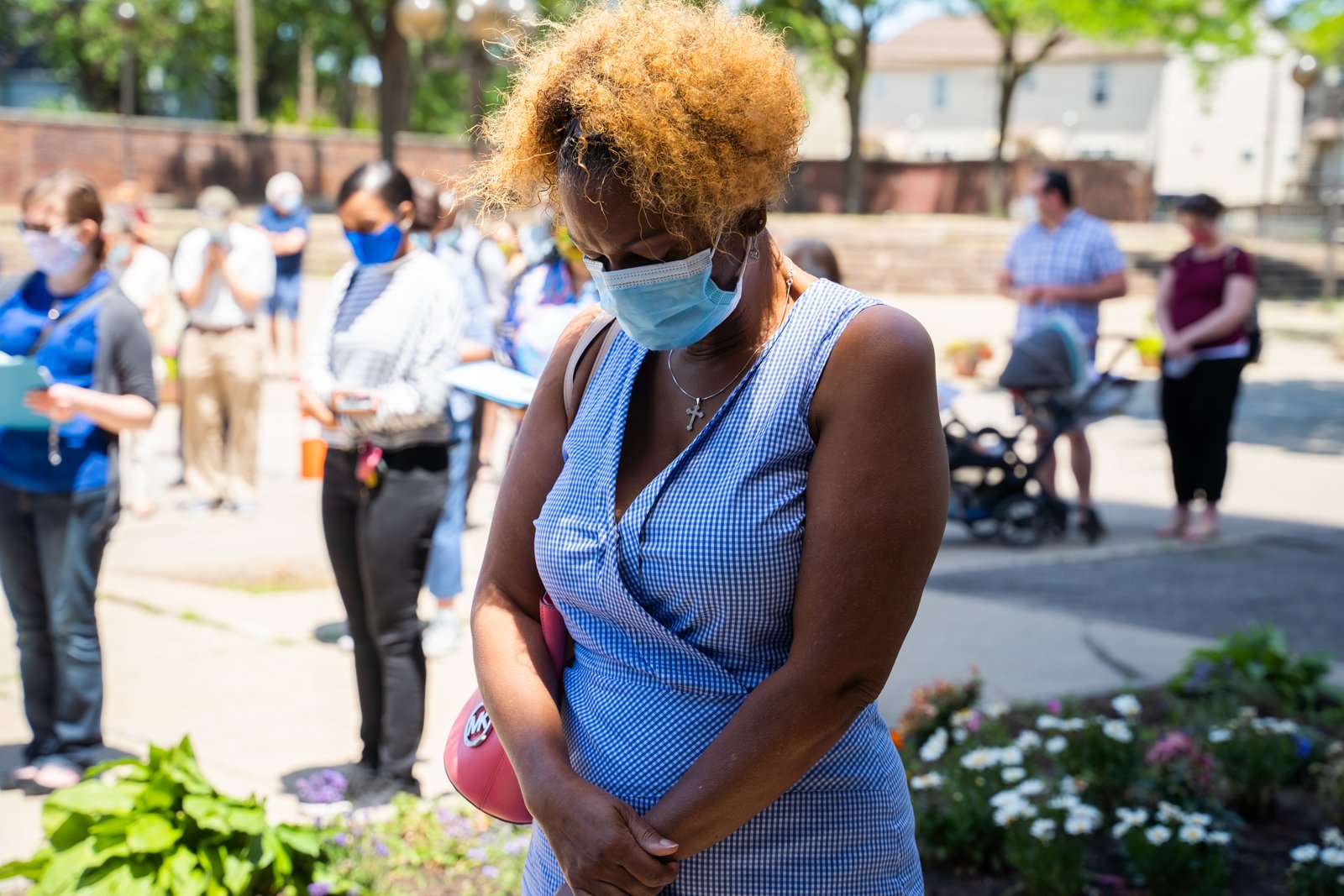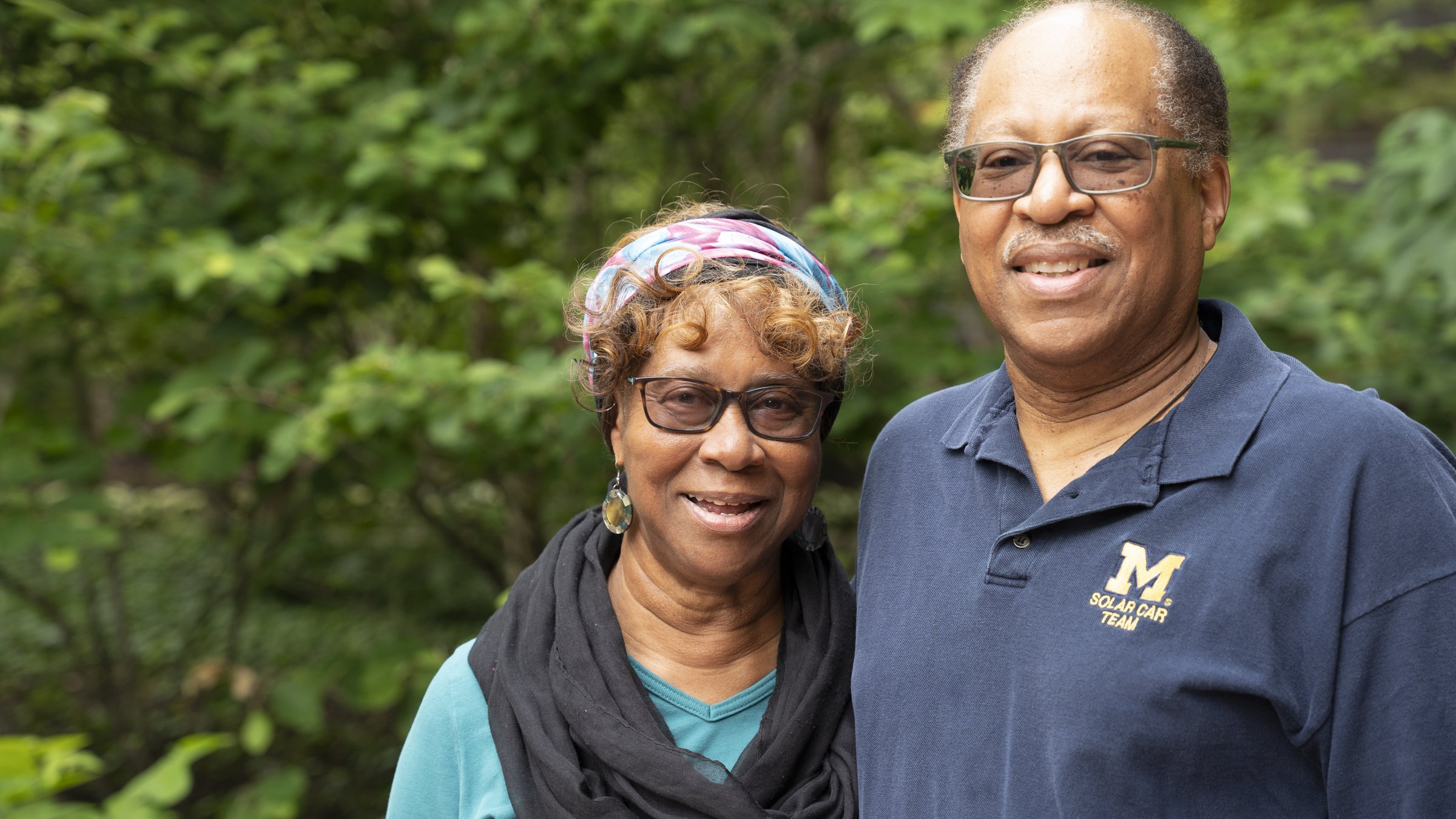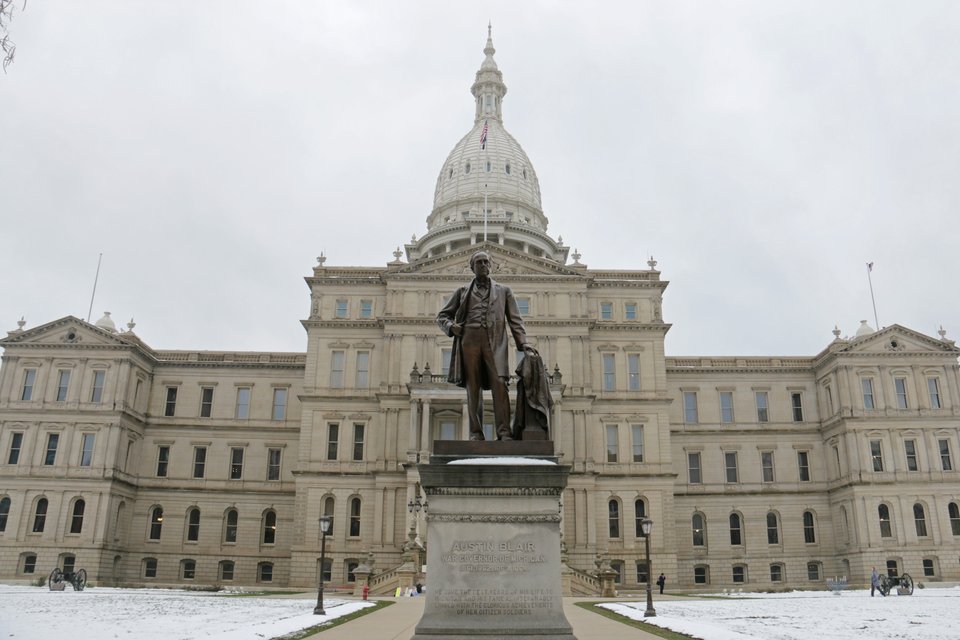Juneteenth an opportunity to reflect upon the steps made to eradicate racism, steps still needed, Yvonne and Kurt Hill say
DETROIT — Monday, June 19, marks Juneteenth — the newest federal holiday and a day commonly viewed as the true end of slavery in the United States.
On June 19, 1865, Maj. Gen. Gordon Granger reached Texas to enforce the Emancipation Proclamation, which President Abraham Lincoln had signed two years earlier.
Since President Joe Biden signed legislation to make Juneteenth a federal holiday in 2021, more attention and focus have been drawn to the historic milestone, and in the Archdiocese of Detroit, 2023 will mark the third annual Juneteenth celebration with a special Mass at 6 p.m. this evening at Gesu Parish in Detroit.
For Catholics, the day is an opportunity for the Church to reflect upon the steps that have been taken — and those that still need to be taken — to fully eradicate the sin of racism, and move toward healing as the united body of Christ.
Kurt and Yvonne Hill, parishioners at St. Moses the Black Parish in Detroit and members of the Change Makers, an initiative of the Detroit Catholic Pastoral Alliance, believe the Church, at large, can do more.
“The Catholic Church misses opportunities to let the world know who we are and what we stand for,” Yvonne Hill told Detroit Catholic. “We’ve got the Catholic social teachings, and at confirmation, you learned what they were, and that was it. So anything that we do, or anything that happens, we should be able to hook it back onto one of the Catholic social teachings. If we’ve got the true faith, we’ve got to know how to market it — and if we are keeping it under a bushel basket, people are not going to know what we do or who we are.”

In 2016, the Archdiocese of Detroit's bishops celebrated a Mass for Pardon, during which the Detroit Catholic community publicly prayed for forgiveness for the ways in which the Church had failed in its God-given mission of upholding the rights and dignity of everyone, including the sin of racism.
More action is needed to address systemic racism, Yvonne explained.
Soon after the Mass, a group of Catholics led by the late Fr. Norman Thomas began to explore how to eradicate the impact of the sin of racism within the Archdiocese of Detroit. The conversations led to the formation of the Change Makers, a group of priests, religious and lay people who sought to safely bring the conversation to the larger community so that individuals and groups could recognize racism as a sin and begin to change the status quo.
“The thrust of it was to look at racism within the Catholic Church and within the whole systematic way of trying to lower the level of racism, bigotry and prejudice, especially as it relates to the Church,” Kurt Hill said.
The group's recommendations included how to involve people of color within different aspects of the Church, including Sacred Heart Major Seminary, Archdiocesan Central Services, and parishes, Kurt Hill said. This could be anything from hiring practices, fixing up churches, cutting lawns, painting, or simply hosting discussions about racism in parishes and schools.
Such conversations cannot just take place within the Black Catholic community, Yvonne explained.
“We know we can't change the world. And it's going to take a while to do this, but how do we start to make people be open to the discussion and not just closed down?” Yvonne Hill said.
Recently, the Hills participated in a series of videos through Compass, a new initiative for parents from the Archdiocese of Detroit's Department of Evangelization and Missionary Discipleship, roleplaying how to address racism with children. The videos are available on the Unleash the Gospel YouTube channel.
The two videos, "How to Talk to Your Child About Racism" and "How to Respond When Your Child Encounters Racism," were born from an incident in which the child of a Church employee was called a racial slur at a Catholic school.
The Hills have a long history of working with youth — Yvonne worked for 40 years with teens struggling with emotional distress, and Kurt spent more than 20 years as a college counselor. Both now work with youth at their parish, St. Moses the Black, and have collected a wealth of resources over the years.
Kurt hopes the videos spur parents to have better discussions with their children.
“The parents can say, ‘You know what? I didn't think about that. What do I know about racism? Am I prepared to talk about it to my son or daughter in an age-appropriate way? And what do they know? How are they feeling?’” Kurt said. “This is a start, and we can go from there.”
Helping to guide the Church toward racial healing is important, the Hills said, because the next generation is paying attention. Young people have become more aware and vocal about injustice, Kurt said, and are looking for ways to eradicate it.
“Everybody is on the road dealing with racism, it's just you are at different places on this road,” Yvonne said. “And we have to respect everybody's place on this road. Everybody has a story to tell, and we need to listen to that. So we have learned from each other and listen to each other.
“We have Catholic social teachings that have been around for a while: teach them, live them,” Yvonne added. “If you are for civil rights, show it.”
Copy Permalink
Social justice












